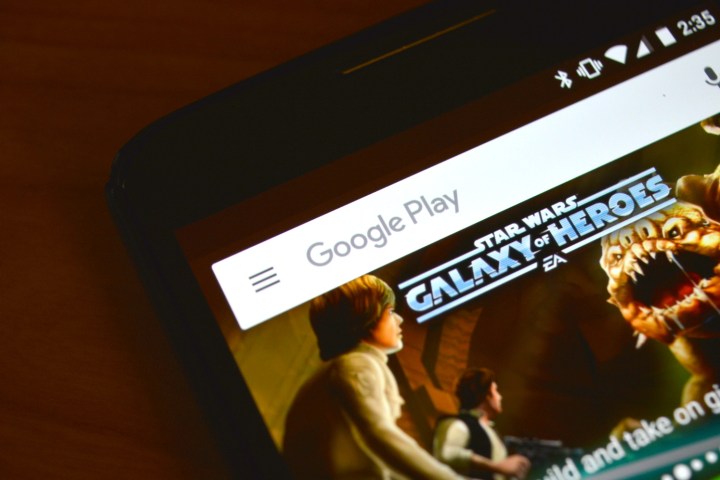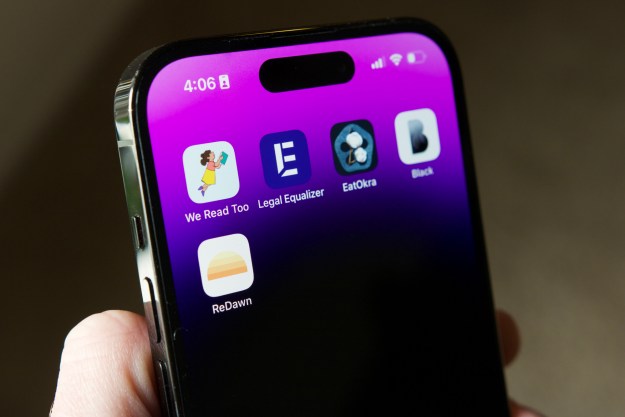
Google has made a change to the Play Store that will include a label for apps that contain ads. The label will appear right next to the separate label that says whether or not an app has in-app purchases.
The new change was first reported by Android Authority.
Of course, the change could have a big impact on app developers, many of whom rely on ads to make money from their apps. This is because customers will be more likely to avoid apps with ads if they’re aware of the ads ahead of time, especially when there are non-ad alternatives.
Interestingly enough, the change could also affect Google in a negative way — Google makes a ton of its money from ads, some of which reside in apps. It’s nice to see Google putting customers first despite this.
Sure, in-app ads can help developers make money, but they’re usually seen by customers as annoying. And depending on how they are implemented, ads can even impact how an app is used, for example by getting in the user’s way in order to try and cause accidental clicks.
So the new Google policy is likely to be applauded, and perhaps its biggest advantage is that the new labels will allow users to see which paid apps still have advertisements before they pay for the app.
Google has been working on the change for a while now — it began by asking developers in late 2015 to submit a response about whether or not their apps contained ads, and indicated at the time that its goal was to provide more transparency. Google has been separately working to promote higher quality apps in the app store, both by vetting apps manually and by launching app awards for some of the Play Store’s biggest app developers.
Editors' Recommendations
- The Google Pixel 8a price just leaked. Here’s how much it’ll cost
- Google Messages vs. Samsung Messages: Which app should you use?
- Google is paying a $700 million fine, and you’re getting some of it
- How to save your data from Google’s purge of inactive accounts
- WhatsApp finally lets you edit sent messages. Here’s how to do it

